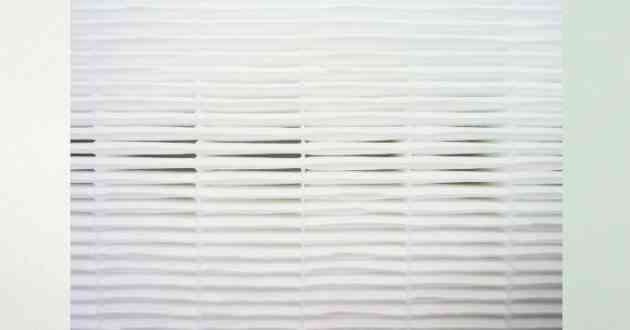Industrial Air Filtering
- - Category: Industrial
- - 12 Dec, 2013
- - Views: 1.1k
- Save
There are a wide range of things to consider when starting a manufacturing business
There are a wide range of things to consider when starting a manufacturing business, one of those being the installation of a quality air filtering system in your facility. Especially if you are new to managing an industrial based enterprise, you may be completely unaware of the reasons behind the need for air filtering. It isn't possible to stay in business as a manufacturer for long whilst remaining ignorant of the air filtering process, so the article below has been designed to give you a crash course in air filtering systems, why they are needed and how they are installed.
This article is by no means comprehensive and really just scratches the surface. For further information contact a qualified distributor or installer of air purification systems.
Why Do We Need Air Filters?
Even more essential to human life than fresh water, is fresh air. Every year, many pollutants which are the by-products of industrial processes are released into the earth's atmosphere. The emissions of one factory on its own can't make air unbreathable, but the combined output from global manufacturing is a massive issue.
A large number of respiratory illnesses, as well as skin conditions, have been linked with high levels of air pollution and recently a World Health Organisation study has found links between air pollution and cancer. In response to these health concerns, governments all over the globe are increasingly regulating emissions in attempts to lower the risk to people's health.
For manufacturers this introduces the need to meet specific emission standards if they wish to set up, or continue to operate. In order to meet these new standards, often emissions must be filtered, which is where air filtration systems come in. In addition to this, some manufacturing processes which require a sterile environment require filtering for air coming into their facility, instead of the air coming out. The need to meet emissions regulations and protect both your product and your employee's health makes efficient air filtering a top priority.
HEPA Filters
High-efficiency Particulate Air filters, commonly referred to by the acronym HEPA, are widely used and very efficient. These filters generally use three separate levels of filtering to remove contaminants from the air - first is interception, then impaction and finally diffusion. At each stage, more and more particles are removed from the air by layered filters. By the end of the process, the air needs to be considered 99.97% free of particles above a certain size in order to meet the HEPA standard. This standard for filtering was originally developed by the US government, but is now globally recognised.
While also very useful for industrial purposes, HEPA filters are also present in everyday life – you have probably already encountered one today! Machines from Aircraft to vacuum cleaners and everything in between utilise HEPA filters in order to reduce emissions and provide you with clean air to breathe.
Installation
If you need to have an air filtration installed in your business, it is important to only use contractors who are licensed and accredited. In order to meet all current and future government regulations, you must be able to prove the effectiveness of your filtration system. Only a qualified installer can provide you with the guarantees necessary to meet your obligations.
Air filtration units are a must for manufacturing plants which produce sensitive products like medicine and food products. AirePure provides effective and innovative air filtration solutions for all industries. Click here to know more about the technology behind air filters.


